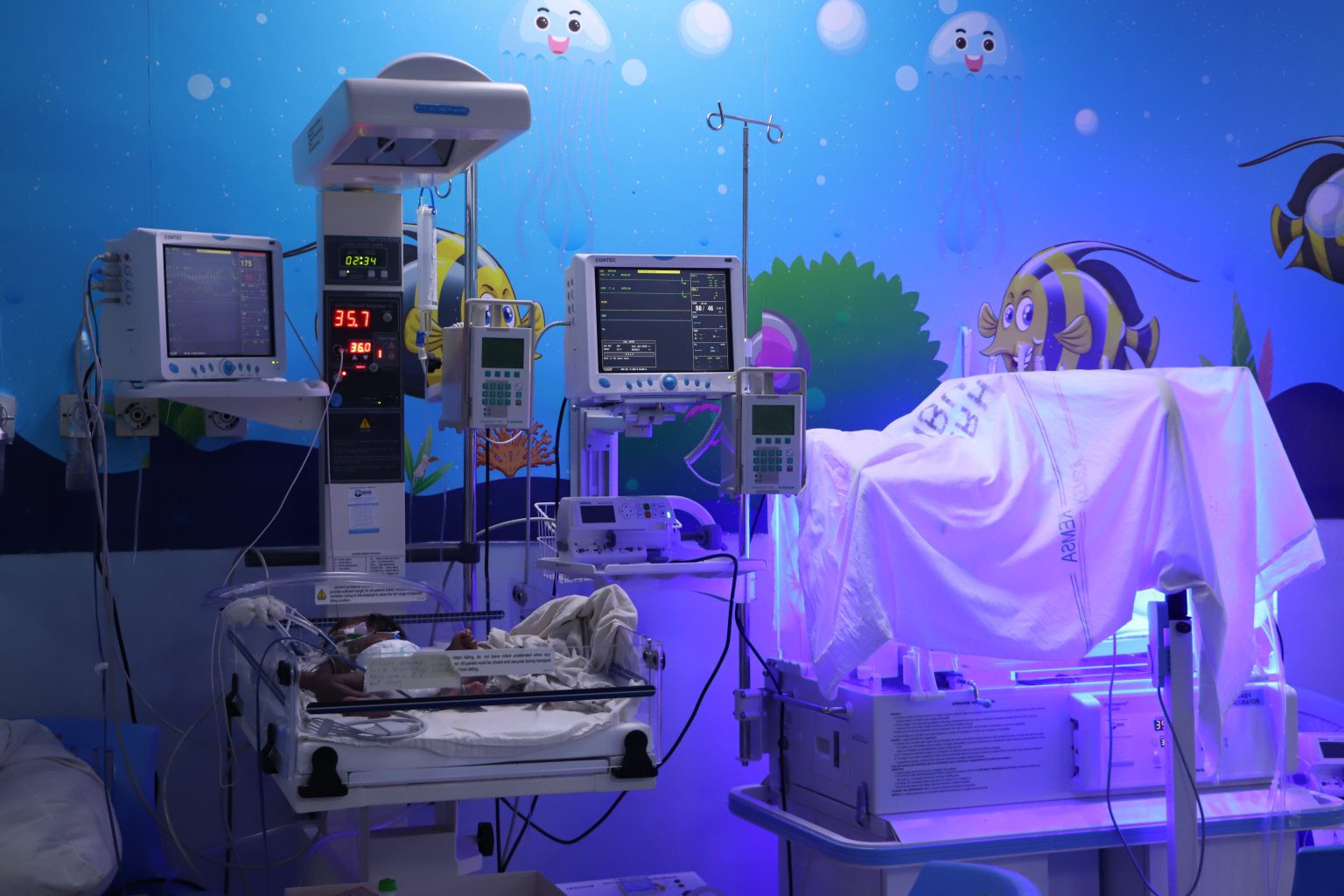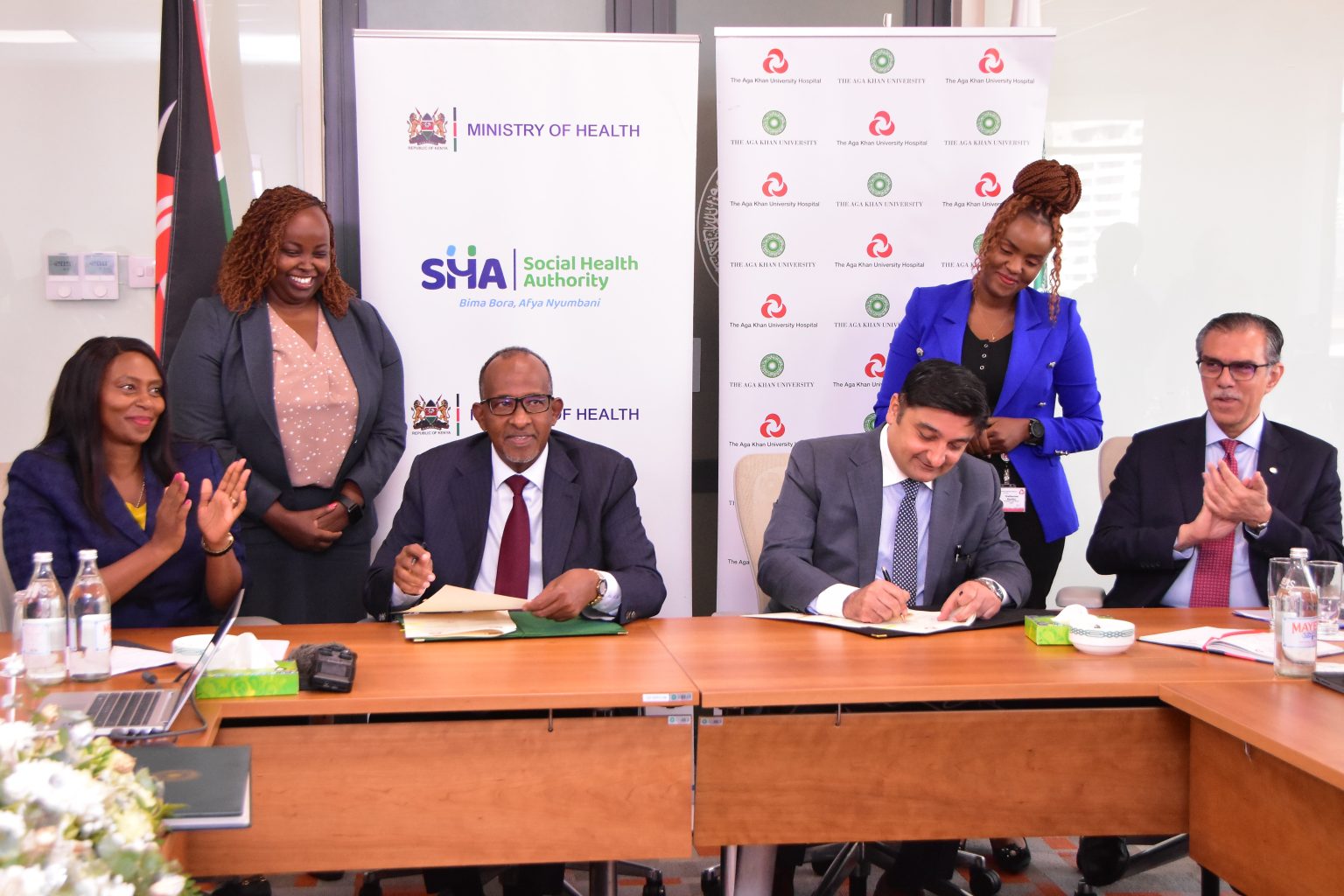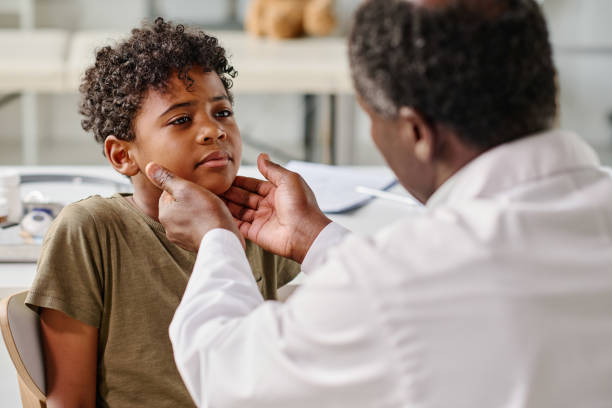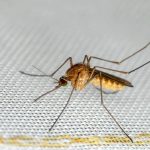SHA covers hospital accommodation charges and open-heart surgery up to a maximum of Ksh952,000, including lab tests, post-discharge medication, nutritional support, and blood transfusions with a limit of up to 50 days per household
Along the serene coconut palm trees and turquoise shores of Kenya’s south coast, childhood heart disease- once rare in rural communities- is now a growing public health concern in Kwale County.
Take Rehema Hamisi who runs a kiosk and salon in Jeza A in Msambweni, Kwale. Her son Mwero was born with a heart problem that wasn’t found early and got worse as he grew.
“He was always unwell, but I assumed it was just fevers. It wasn’t until he was three and began school that the symptoms worsened,” she says. “His hands were rough, he had constant headaches, and his eyes turned yellow. Eventually, a chest X-ray revealed severe valve damage.”
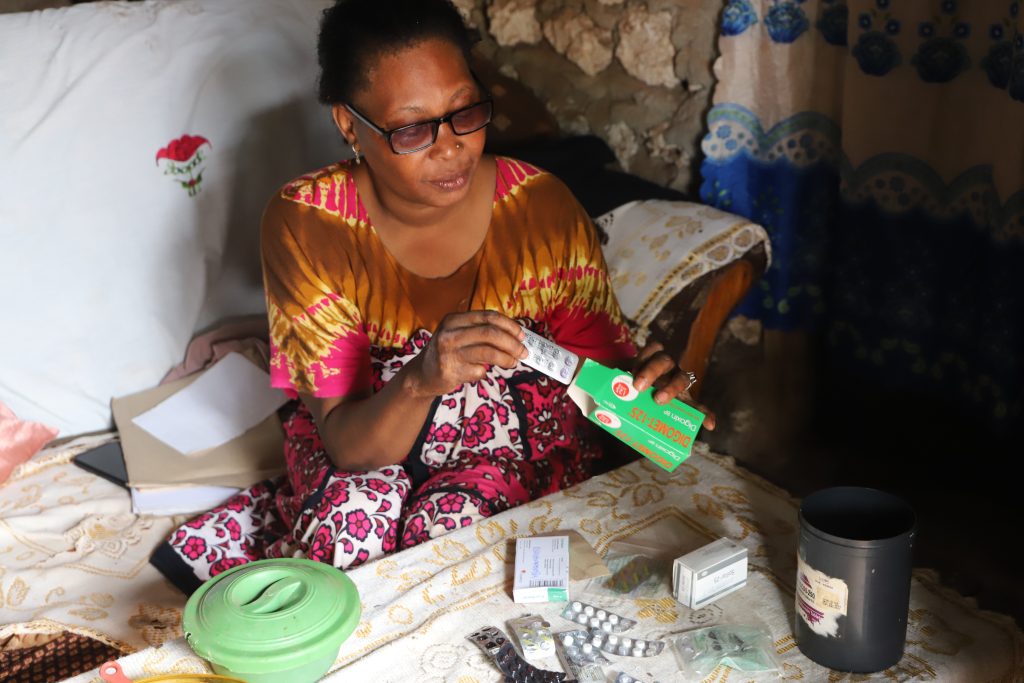
When heart conditions are diagnosed late, many children end up with problems that can’t be fixed.
After years of trying traditional healing and hospital visits, Mwero, then aged 15, was sent to Msambweni Hospital for life-saving heart surgery that cost Ksh800,000.
Well-wishers and national hospital insurance helped pay for it.
However, Rehema says the family still struggles with follow-up clinic visits and medical tests that cost about Ksh5,000 every two weeks.
Then there’s Tasmil Omar, a 20-year-old mother whose four-month-old son, Salim Juma, has been in and out of hospitals since birth with breathing problems caused by a heart clot. Tasmil, a mobile money agent, says doctors found the heart problem during a recent heart camp at Msambweni Referral Hospital.
Women in our community still believe heart-related symptoms are caused by witchcraft
Her baby was admitted for more tests and treatment, which also costs about Ksh5,000 for tests for which her family helps when money runs out.
Tasmil says cultural barriers like beliefs and health-seeking behaviour that favours consulting traditional healers first are a challenge in Kwale. “Many women in our community still believe heart-related symptoms are caused by witchcraft,” she says. “But my in-laws also had heart problems, and I believe it’s hereditary. We need more awareness for families to understand the medical realities.”

Doctors at Msambweni Referral Hospital have been reporting a worrying rise in heart conditions in children under five. Recent screenings found 45 new cases, following earlier camps that found 60 and 45 cases.
Dr Saumu Koja, a paediatric specialist at Msambweni Referral Hospital, says most cases come from preventable causes like poor maternal health and lack of antenatal care.
“Many pregnant women in Kwale County do not adhere to prescribed antenatal supplements such as folic acid and iron.” In her view, many pregnant women do not like the iron and folic acid tablets due to ignorance and belief in myths that they’re harmful to health.
Dr Koja explains that the supplements “are crucial for foetal development, especially in the formation of vital organs like the heart. The result is that more children are being born with defects that could have been avoided.”
Heart defects in newborns increase due to poor maternal nutrition, antenatal care
Kwale County health reports show alarmingly high teen pregnancy rates, especially in Lunga. The causes include poverty-driven school dropouts, poor sex education, limited access to contraceptives and uninvolved parents.
With teen births accounting for 25 per cent of all deliveries, risks like heart defects in newborns increase due to poor maternal nutrition and antenatal care.
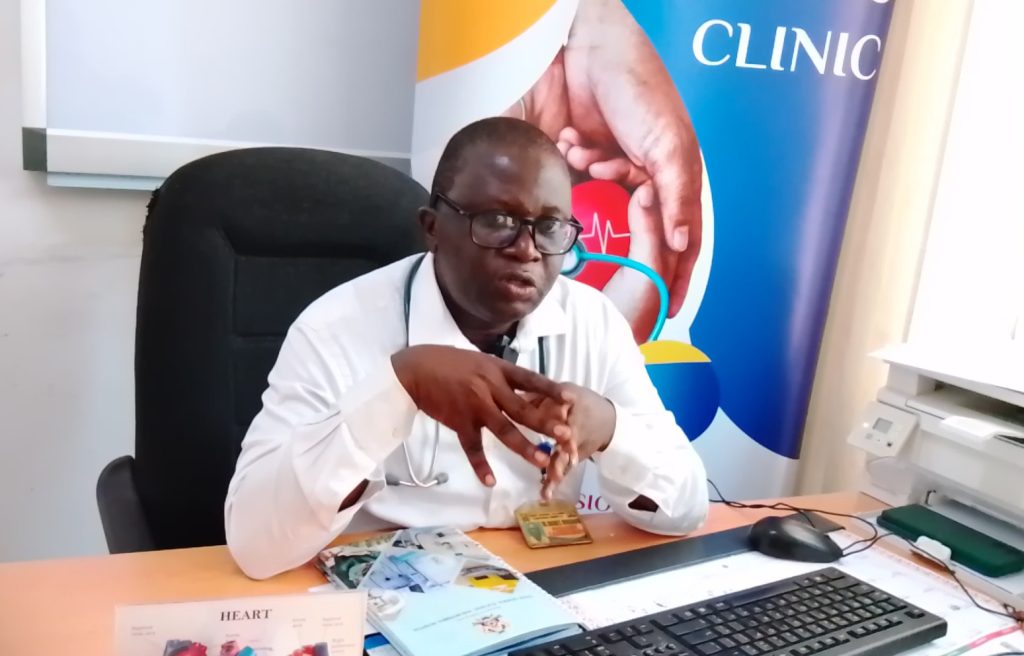
Dr Koja adds that due to the high cost of diagnosis and treatment, through Social Health Authority (SHA) registration, a heart patient can access inpatient services where SHA covers hospital accommodation charges and open-heart surgery up to a maximum of Ksh952,000.
This payment also includes lab tests, post-discharge medication, nutritional support, and blood transfusions with a limit of up to 50 days per household.
Dr Bakari Suleiman Mwashambi, a paediatric cardiologist at Coast General Hospital in Mombasa County, confirms that heart defects are often missed due to lack of screening and awareness.
“We’ve conducted over 20 heart health camps across the region. Many parents only realize their children have a problem after serious symptoms emerge. By then, treatment becomes more complex and costly,” he said.
To worsen matters, Kenya only has 12 paediatric cardiologists. Kwale has none, leaving Dr Bakari to handle all heart cases from Kwale County.
Long-term behaviour change, breaking the dangerous cycle of teen pregnancies
The solutions to childhood heart disease have many sides. Dr Amos Lewa Mwavita, a medical biochemist and lecturer at Pwani University, stresses the need to fight harmful myths.
“As scientists, we do not consider heart diseases to be spiritual or mystical,” he stated. “They have clinical causes and require proper medical intervention. We must invest in research and educate communities.”

Another solution lies in targeted interventions. The county proposes school-based mentorship programmes, holiday life skills training, and community talks to bridge knowledge gaps.
These measures address both immediate needs and long-term behaviour change, offering hope for breaking the dangerous cycle of teen pregnancies.
There are also financial challenges, with Kwale Governor Fatuma Achani listing delayed and reduced devolved funds, as affecting effective response to emerging health crises.
“Counties have not received their full allocations for months. Ksh262 million has been deducted, weakening our health services. Devolution is under threat, yet it is the very tool that helps us bring healthcare closer to the people,” she said.
We also educate mothers on the importance of iron supplements during pregnancy
But the 2024 Auditor General’s Report for Health Budget in Kwale County for Primary Healthcare shows it currently has an allocation of Ksh11.9 million. However, a Senate committee review of Msambweni, Lunga, and Kinango hospitals for two years to 2023 found financial and management gaps.
The Senate told Kwale County to shift from building new health centres to upgrading existing facilities and improve financial efficiency.
Local initiatives are stepping up. Cece Siago, founder of Diani Wellness, a community-based organization in Diani, launched a blood donation drive to tackle the shortage of blood for transfusions in the county.
“We’ve collected 76 pints the highest in the county by raising awareness and dispelling myths about blood donation,” she said. “We also educate mothers on the importance of iron supplements during pregnancy to prevent complications.
We measure success in sensitization by reaching out to many pregnant women through public barazas as we believe in passing information by word of mouth.
We plan to partner with the health department to enable collaborations with the Community Health Volunteers,” Cece explained.
Nutrition remains a pressing concern. The 2024 Kenya Nutrition Situation Overview shows that malnutrition remains widespread in dry counties, including Kwale. Poor nutrition makes heart complications worse.
Kenya performs between 120 and 150 heart surgeries on children annually
Additionally, research shows that environmental factors like using biomass fuels including firewood and charcoal for cooking in poorly ventilated spaces leads to harmful pollutants, including particulate matter and carbon monoxide.
Children exposed to these pollutants are at higher risk of breathing infections and other health issues, which can indirectly affect heart health. Despite the growing burden of heart diseases, access to specialized care remains limited.
Kenya performs between 120 and 150 heart surgeries on children annually, with a similar number of catheter-based interventions. However, this falls short of the estimated 5,000 children requiring such procedures each year.
The verdict is clear: Kwale’s childhood heart crisis needs action now – with facts, speed, and care. Every moment costs lives.



